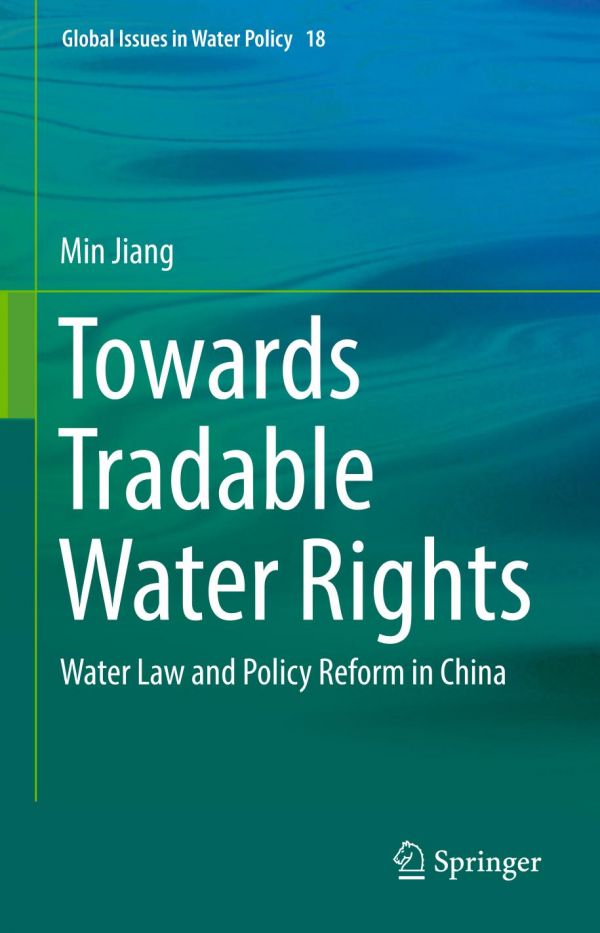

Most ebook files are in PDF format, so you can easily read them using various software such as Foxit Reader or directly on the Google Chrome browser.
Some ebook files are released by publishers in other formats such as .awz, .mobi, .epub, .fb2, etc. You may need to install specific software to read these formats on mobile/PC, such as Calibre.
Please read the tutorial at this link: https://ebookbell.com/faq
We offer FREE conversion to the popular formats you request; however, this may take some time. Therefore, right after payment, please email us, and we will try to provide the service as quickly as possible.
For some exceptional file formats or broken links (if any), please refrain from opening any disputes. Instead, email us first, and we will try to assist within a maximum of 6 hours.
EbookBell Team

4.3
8 reviewsThis book provides a first comprehensive legal examination of water rights arrangements and water rights trading in China. Although recent water reform in China has made substantial progress in policy development and practice, how its legal and institutional framework facilitates or hinders the application of tradable water rights remains less addressed in the existing scholarship. Against the backdrop of China’s water reform and the wider international debate in water governance, this book aims to provide an innovative approach to the complex issue of water governance by critically analysing the recent legal and policy developments in China towards tradable water rights. It examines the deficiencies of the current systems for water rights arrangements and trading, explores how China may learn from and build on the international trends in water rights trading practice (mainly Australia and the US), and proposes legal and policy frameworks for defining and administering tradable water rights in China that underpin sustainable water use in the face of exacerbated water scarcity, variability, and uncertainty. All in all, the book proposes pragmatic strategies for China’s water law and policy reform to move towards tradable water rights, which encompasses a comprehensive prescription from initialising and defining tradable water rights to administering water rights and trading. By reflecting on the deepening water reforms in both China and other jurisdictions, the book aims to contribute to the international water governance debate by exploring from a legal and policy perspective, how China, comparative to other cases around the world, can find a balanced combination of water allocation mechanisms to address its water challenges. It is hoped that the observations and proposed implications for China’s water reform will contribute to developing a better understanding of the way in which experiences in water markets can be shared from jurisdiction to jurisdiction.